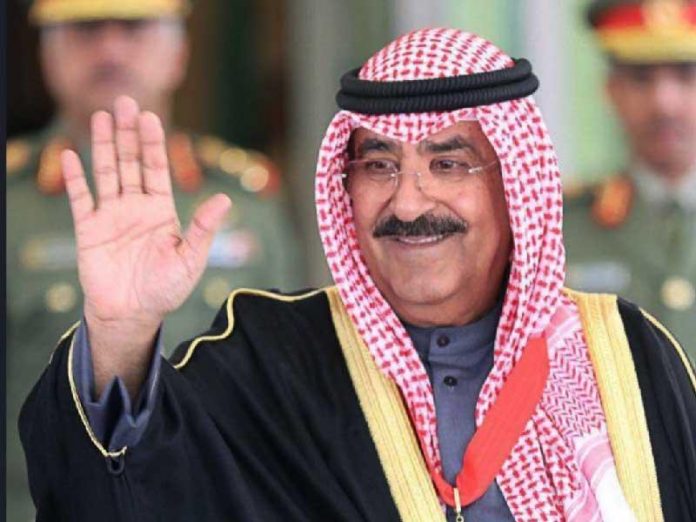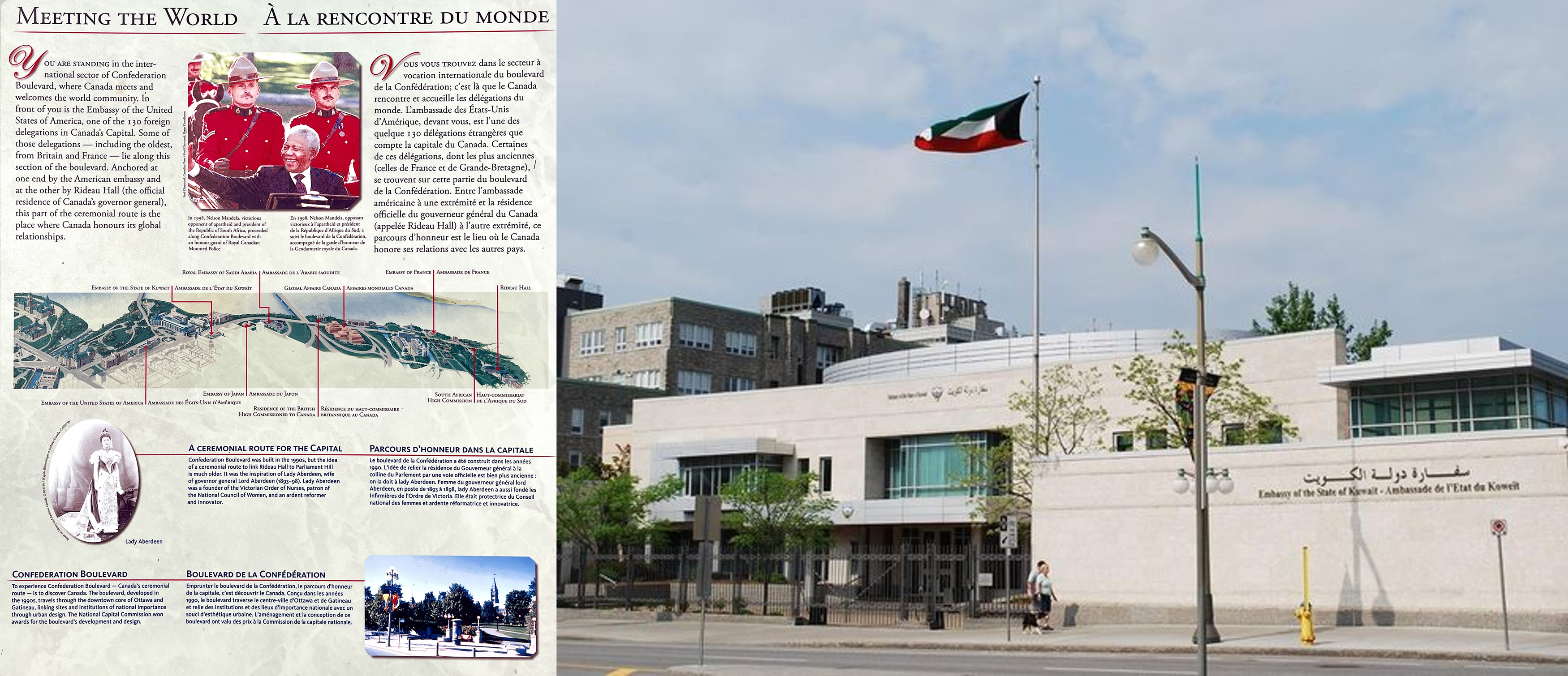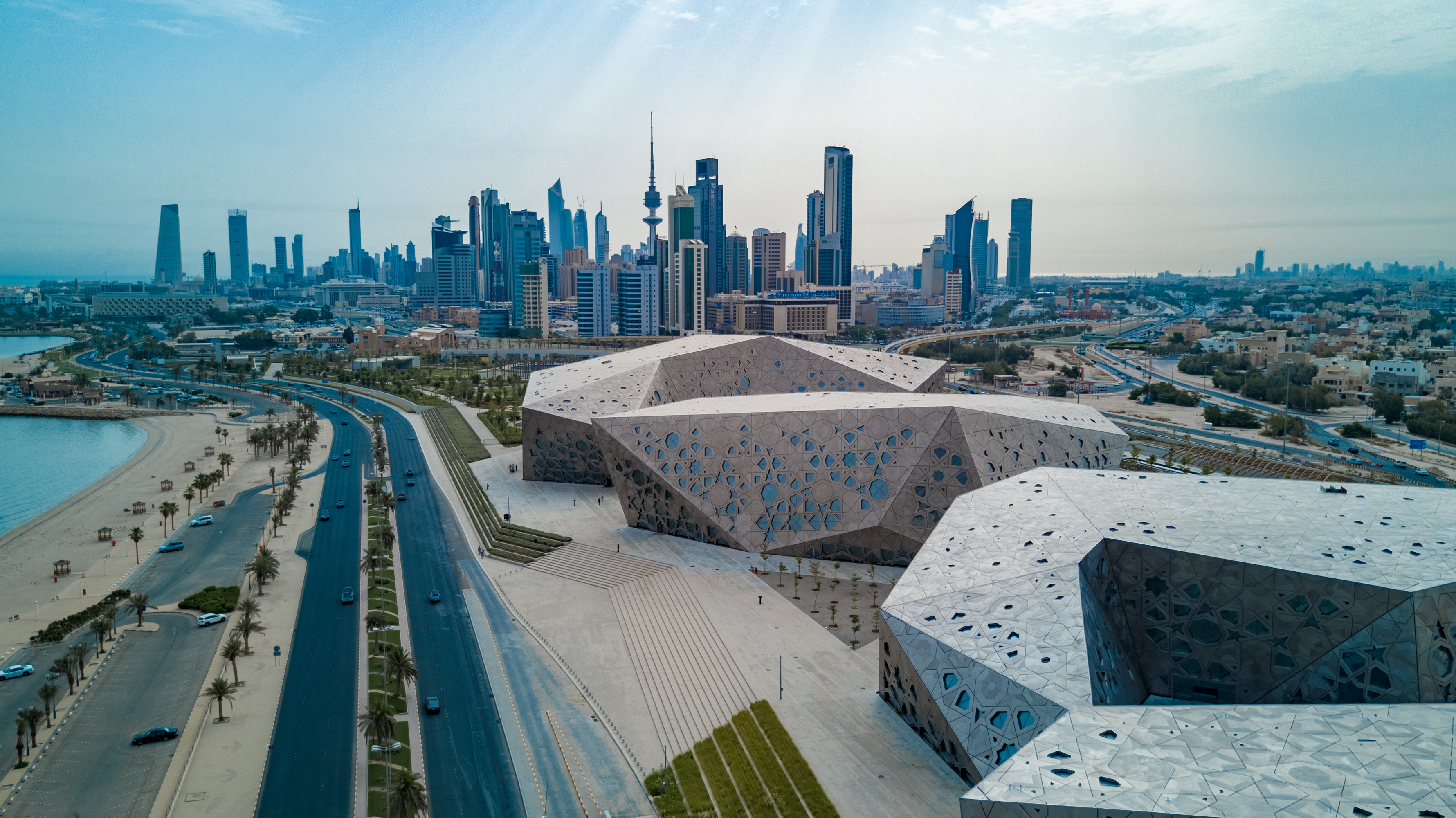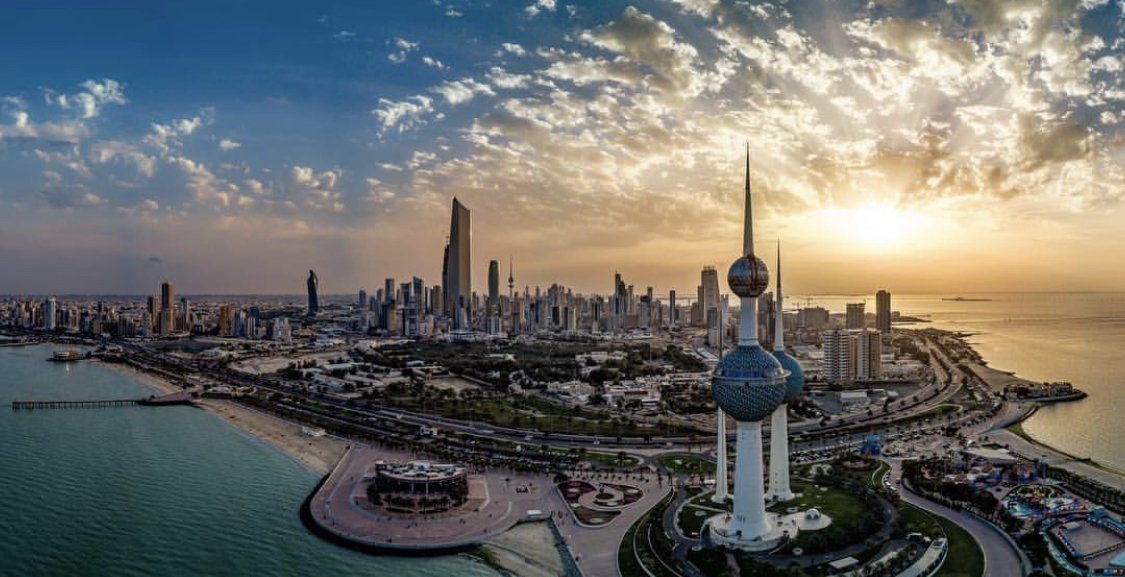ARAB CULTURE
Arab culture and traditions, influenced by Islam, are the foundations upon which the modern State of Kuwait is based. The metamorphosis in lifestyle brought about by the discovery of oil did not change the identity of the people of Kuwait. The State of Kuwait has always paid special attention to the preservation of its culture and heritage by maintaining monuments and preserving artefacts and historical documents which are housed in The National Museum. The destruction caused by the Iraqi troops created a heightened awareness among the people about the need to preserve and resurrect art in Kuwait. The new architecture of the city, which combines modern design with traditional art, reflects this awareness. Kuwait has a large variety of customs and traditions, which gave rise to a colourful and extensive culture, reflected in the Diwaniya and Al Sadu weaving. The people of Kuwait also have special love for the arts, be it literature, theatre, music, dance, films or contemporary art. The National Council of Culture, Arts and Literature (NCCAL); The Free Art Studio and The Kuwaiti Society of Formative Artists are promoters of the visual arts in Kuwait.
THEATRE
Kuwait is known for its home-grown tradition of theatre, since it is the only country in the Gulf with a theatrical tradition. The theatrical movement in Kuwait constitutes a major part of the country's cultural life. Theatre activities are still popular today. Theatrical activities in Kuwait began in the 1920s when the first spoken dramas were released.
ARTS
Kuwait has the oldest modern arts movement in the Arabian Peninsula. Beginning in 1936, Kuwait was the first Gulf country to grant scholarships in arts. The Kuwaiti artist Mojeb al-Dousari was the earliest recognized visual artist in the Gulf region. He is regarded as the founder of portrait art in the region. In 1943, al-Dousari launched Kuwait's first art gallery.
Kuwait is home to more than 20 art galleries. The Sultan Gallery was the first art gallery in the Gulf region. Khalifa Al-Qattan was the first Kuwaiti artist to hold a single artist art exhibition in Kuwait. He founded a new art theory in the early 1960's known as "circulism".
SOAP OPERAS
Kuwaiti soap operas are among the most-watched soap operas in the Arab world. Although usually performed in the Kuwaiti dialect, some Kuwaiti soap operas have been shown with success all over the arab world.
MUSIC
Traditional Kuwaiti music is derived from the country's seafaring heritage. Kuwait is regionally known as the center for "sawt", abluesy style of music made popular in the 1970's.
Kuwait's maritime tradition is known for songs called "Fidjeri". "Fidjeri" is a musical repertoire performed traditionally by pearl divers. "Liwa" is a type of music and dance performed mainly by Kuwaitis ofEast Africanancestry. "Al Arda Al Bahariya" is a well-known Kuwaiti sailor song, as are the "al-Nahma", a class of songs that accompanied many sailing activities.
CONTEMPORARY
Kuwait was the pioneer of contemporary music in the Gulf. Kuwaitis were the first commercial recording artists in the Gulf. Abdallah Al Rowaished, Nawal El Kuwaiti, Abdul Kareem Abdul-Qader and Nabeel Shoail are the most prominent modern performers.
Kuwait has a reputation for being the central music influence of the GCC countries. Over the last decade of satellite TV stations, there has been a stream of Kuwaiti musicians that have been successful in reaching other Arab countries.
AL-DIWANIYA
The Diwaniya has existed in Kuwait since time immemorial. In the old city of Kuwait it was the reception area where a man received his business colleagues and male guests. Today the term refers both to a reception hall and the gathering held in it, and visiting or hosting a dewaniya is an indispensable feature of a Kuwaiti man’s social life. Dewaniya became a fundamental part of Kuwaiti life. Hence, it has become a mark in their traditional daily life.
This tradition is mainly reserved for men, but there are some female groups who have started their own kind of “Diwaniya” tradition.
The name “Diwaniya” actually comes from the way one sits at this event and how the cushions are placed all along the walls of the room and the organization of the seating area.
The tradition of the Diwaniya has played a major role in Kuwait’s political and economic development as it was during many Diwaniya’s that major issues were discussed, and decisions took place. Modern Diwayniyas are equipped with television sets, computers, internet etc, where the mood that is present is one similar to a fun social event.
_transformed.png)
_transformed.png)
_transformed.png)






